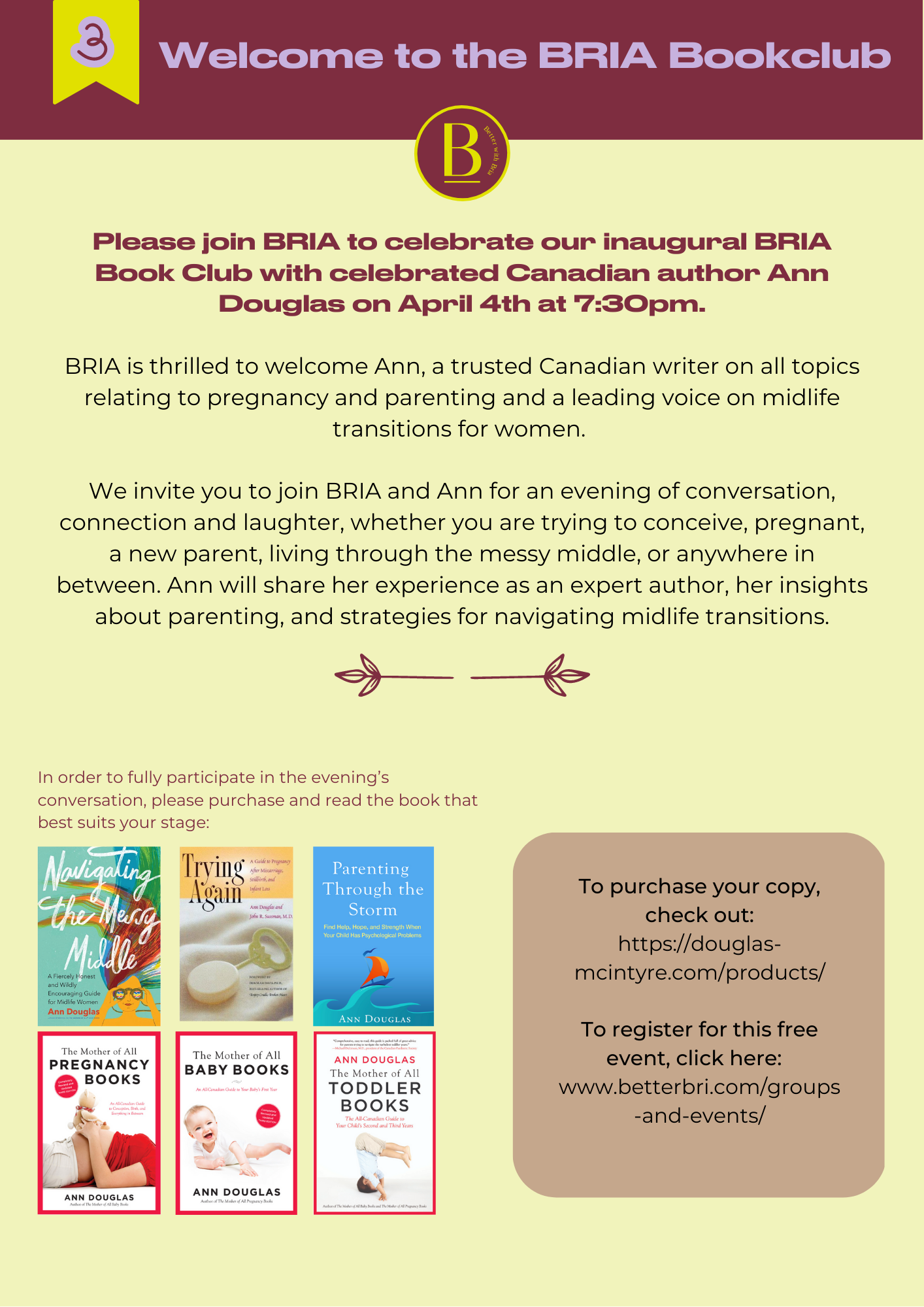I’ve only had the opportunity to meet Jennifer Fink in person once (at a writers’ conference in New York City, many years ago), but she made a strong enough impression on me that the two of us have stayed in touch ever since. (It’s one of the best things about being a writer: being in community with other writers!) When I heard Jennifer had a brand new parenting book arriving on bookstore shelves, I invited her to do a short Q&A for my blog. What follows are my questions and her answers.
Q. In the introduction of your book, you highlight the challenge that parents face in “[helping] our boys navigate evolving gender norms while we adults are still unpacking the ways in which gender influences our lives?” How has your own thinking about gender norms changed over the years, both as a parent and as a person?
JENNIFER FINK: I didn’t realize that gender norms affected boys and men until after I became a parent of boys.
As a female, I’ve long been aware of the many ways in which gender limit women and girls’ experiences. I didn’t realize that boys (and men) are limited and harmed by gender stereotypes too. Before I had young boys, I never realizing how damaging (and emotionally stunting) “boys don’t cry” or “man up!” can be. Before I had boys in school, I didn’t realize how many teachers and others presume that a boy is “making trouble” when he’s wiggly or physical.
I learned about the “man box” – the set of stereotypical characteristics that describe what a man is “supposed to be.” These are so ingrained in our culture that you know them, even if you’ve never heard the term “man box.” Stoic. Strong. Tough. Not gay. Ready for sex (and good at it!). I don’t want my boys (or any boys) limited by the man box, just as I don’t want my gender to limit my opportunities or unduly influence others’ perception of me.
Personally, I’d like to do away with gender norms. I’d like all humans to be able to live, dress, and act as they please.
Q. What words of encouragement would you offer to parents who are trying to take into account the fact that rigid gender expectations are (as you put it) “giving way to a more tolerant, flexible understanding and expression of gender”? Why is this good news for parents and kids alike (and for all of us, actually)?
JENNIFER FINK: Let people be who they are! I firmly believe that each of us comes into the world with a unique set of gifts and talents, and that each of us is supposed to use our gifts and talents for the good of the world. When we stifle others’ gifts – by telling them they can’t do certain things because those things don’t align with traditional gender norms, for instance – we harm both the individual and the greater society, because we never get to experience the individual’s gifts.
When we let go of preconceived, gender-based notions of what people “should” or shouldn’t do, people can be their authentic selves.
Q. In your book, you talk about the importance of helping boys to untangle the confusing messages they are being given about what it means to be a boy. I’m thinking about the section on male privilege where you encourage parents to have frank conversations about how socially constructed gender roles can limit or advantage a person. What advice would you offer to a parent who is having this kind of conversation with their son for the very first time?
JENNIFER FINK:
#1. Remember that your boy is relatively new to this world. You may be well aware of the centuries (or millennia) of male domination and males’ historical oppression of others, but your son doesn’t know all that yet. Informed tweens and teens may know the history, but like most young people, they’re most concerned with what’s in front of them. And what our boys see in their classrooms and schools looks very different than what we adults see in business and politics. Boys see girls, almost exclusively, in positions of power and leadership. (Girls now dominate boys academically throughout most of the world, and girls also dominate class and club leadership positions.) Your boy’s perspective and experience are likely very different than yours, and you must take that into consideration.
#2: Provide context. Help your son understand history (including recent history!) and how it affected people he knows.
#3: Listen. Don’t lecture. Ask your son about his experience. Ask him about girls’ experiences, about the experiences of trans or non-binary kids he knows. Thank him for sharing his insights and observations with you, even if he doesn’t say all the “right” things. A lot of boys have questions about the idea of “male privilege” and they need space to have those conversations with caring adults. If you shut down the conversation, his questions won’t simply dissipate. He’ll go online and find someone like Andrew Tate, who’s more than happy to profit from boys’ confusion.








